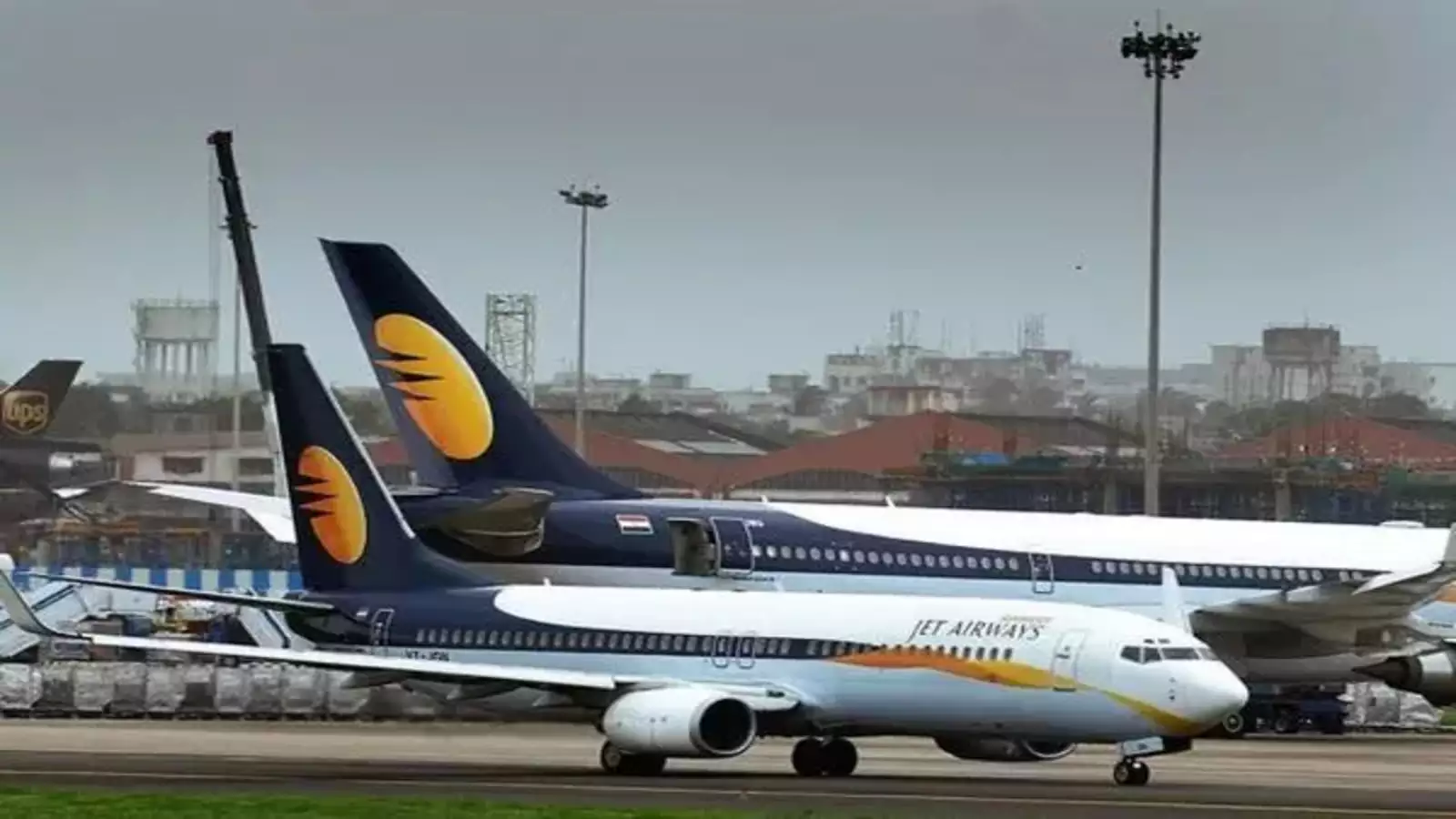- For the uninitiated, the Insolvency and Bankruptcy Code, 2016 is an Indian law that creates a consolidated framework that governs insolvency and bankruptcy proceedings for companies, partnership firms, and individuals. It’s an Act to consolidate and amend the laws relating to reorganization and insolvency resolution of corporate persons, partnership firms, and individuals in a time-bound manner for maximization of the value of assets of such persons, to promote entrepreneurship, availability of credit and balance the interests of all the stakeholders including alteration in the order of priority of payment of government dues, and to establish an Insolvency and Bankruptcy Board of India, and for matters connected therewith or incidental thereto.

PC: The Law Brigade
- The intent behind enacting the Act was timely, welcoming, and needed to ensure the business environment in the country not only thrives, sustains, and grows but also establishes the overall entrepreneurship credentials of the nation. The moot point to ponder over here is whether the IBC Act has fully realized its intended potential coming to the aid of the business entrepreneurs looking for a way out of the challenging situations being faced. Unfortunately, the answer must be a resounding no. Look at how Jet Airways has panned out in recent times. As the Supreme Court called curtains on Jet Airways, it’s another tragic tale of another short-lived star business and the challenges of sustaining airline ops in a competitive, high-cost environment.
- However, the real concern is a larger issue – the process that culminated in the liquidation of Jet Airways is a reminder again of how broken India’s bankruptcy resolution efforts are. SC recommended the litigation was an eye-opener as it swung its attention on NCLT, the adjudicating authority for corporate disputes, and IBC, the 2016 insolvency and bankruptcy code that has seen six rounds of amendments and a further round expected in Parliament soon. NCLT’s record has been poorer than poor – messy pileups of cases, paucity of capability and capacity, legal imbroglios, and failure to inspire confidence among business communities, simply given the vacancies that are yet to be filled up despite repeated reminders.

PC: The Economic Times
- The Jet Airways case is also a commentary on GOI’s intent on firming up the framework to free up capital. At the crux of the case SC decided was SBI-led lenders’ appeal against NCLT’s go-ahead for Jet Airways to be transferred to Jalan-Kalrock Consortium which had successfully bid for the carrier in 2021, as part of NCLT’s resolution process in 2019. SBI, as Jet’s main lender, had sought carrier’s liquidation. The bidder failed to meet key financial commitments, leading lenders to incur ongoing costs. SC recently overruled NCLT’s go-ahead, five years since SBI moved NCLT. IBC was intended to streamline insolvency processes and enhance credit flow. But a high proportion of cases end in liquidation, not resolution. The fact of the matter is IBC needs resolution, a poorly implemented law can barely help sinking businesses. The Union Government should strengthen IBC forthwith.






